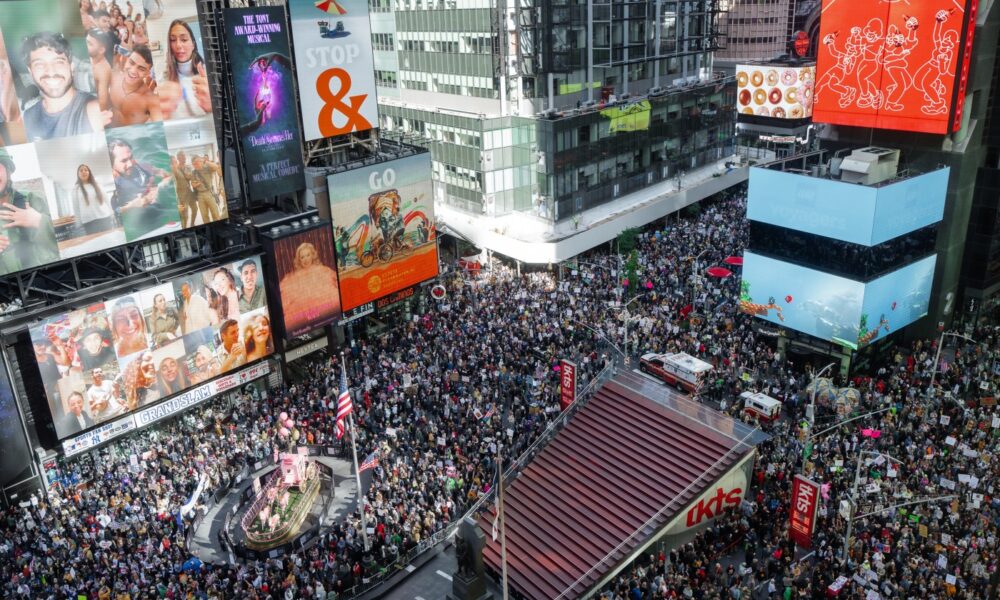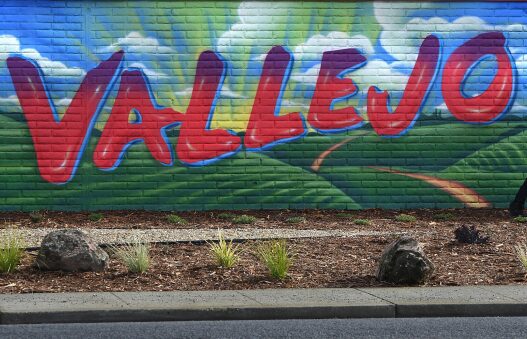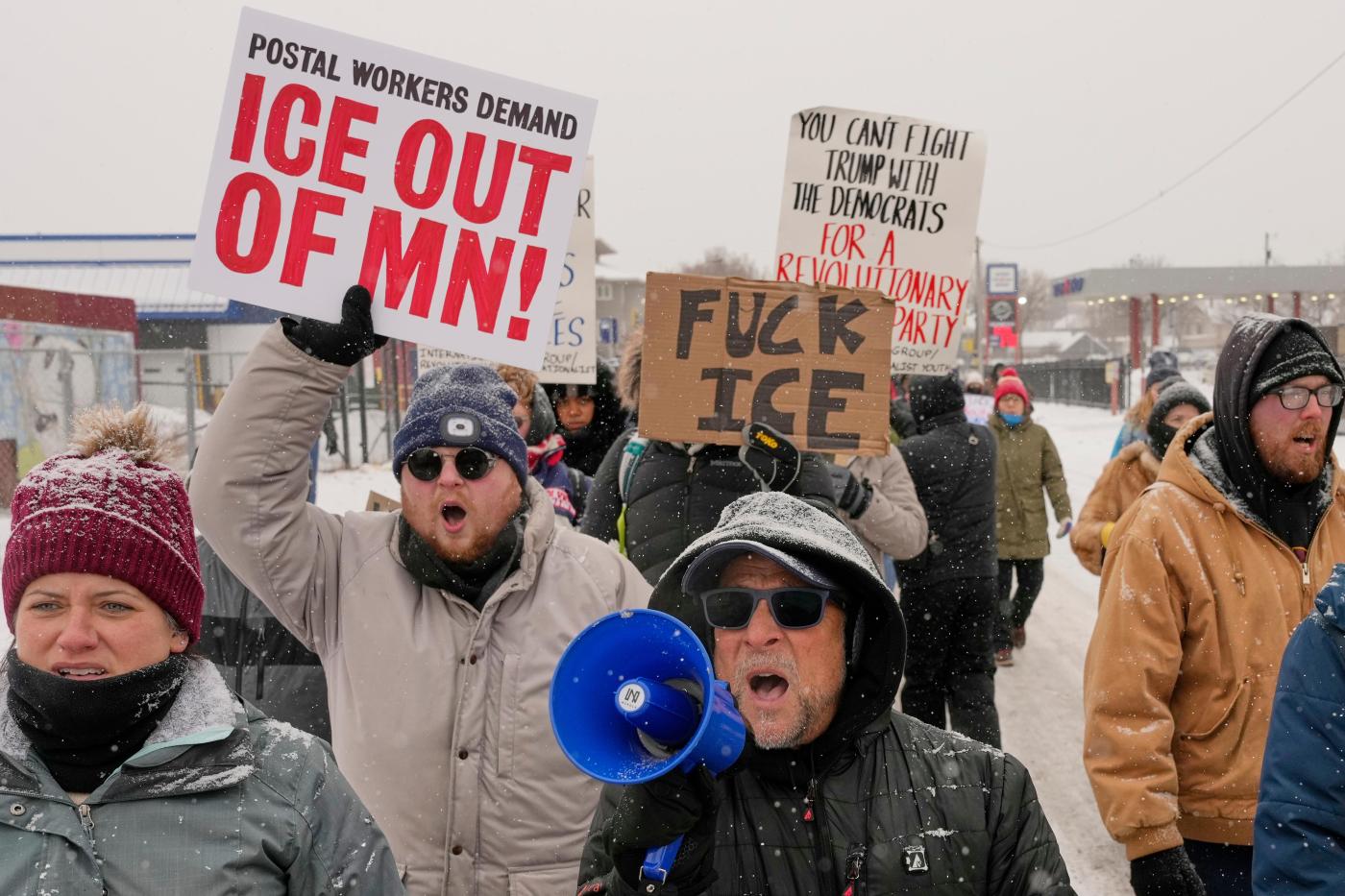On October 18, 2025, the “No Kings” protests unfolded across various locations worldwide, drawing attention to issues of power and governance. Events were reported in major cities such as Princeton and Trenton in New Jersey, as well as in Philadelphia, New York, and several towns in Bucks County.
In Princeton, demonstrators gathered at Monument Park, where a significant crowd showcased their support for the movement. The atmosphere was vibrant, with many participants carrying banners and chanting slogans. Witnesses noted that the turnout reflected a widespread sentiment against perceived authoritarianism and a desire for democratic representation.
The protests were not limited to New Jersey. In New York City, thousands filled Times Square, turning the iconic location into a hub of activism. Some participants creatively expressed their dissent by dressing as the Statue of Liberty and holding up “No Kings” signs. The visual impact of the event resonated deeply with passersby and highlighted the protest’s themes of liberty and equality.
In Washington, D.C., the atmosphere was similarly energetic. Demonstrators donned inflatable costumes and rallied along Pennsylvania Avenue, transforming a normally bustling thoroughfare into a scene of colorful activism. The gathering on the steps of the Capitol Building underscored the movement’s call for reform and citizen engagement in governance.
The “No Kings” protests emphasized unity and collective action, with participants from diverse backgrounds coming together to voice their concerns. Organizers reported that the events aimed to highlight the need for systemic change and greater accountability within political systems.
As the day unfolded, social media platforms buzzed with images and messages from the protests, amplifying the calls for change and allowing those unable to attend to engage with the movement virtually.
This series of demonstrations serves as a reminder of the power of grassroots activism. With a growing number of participants and locations, the “No Kings” protests signify a collective demand for a political landscape that prioritizes the voices of the people. As the movement gains momentum, it remains to be seen how it will influence ongoing discussions about governance and democracy.







